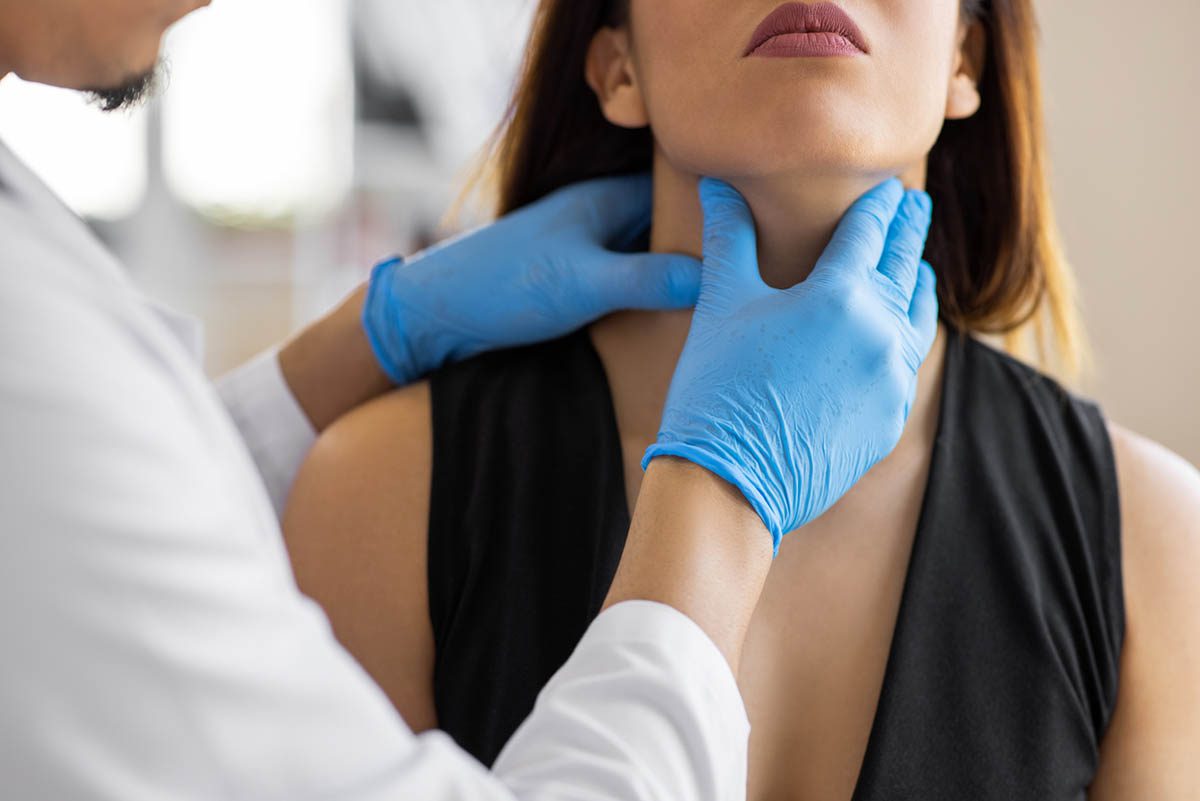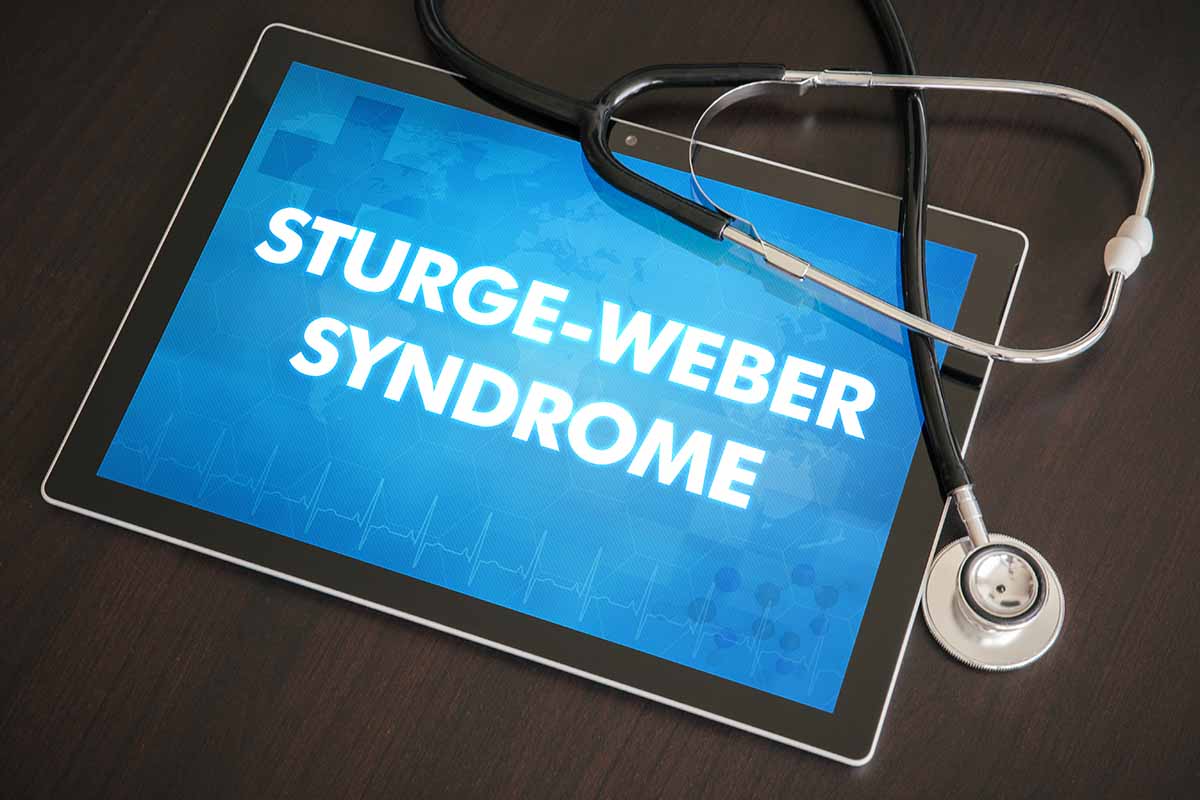
The coronavirus disease 2019 (COVID-19) pandemic has shaken public health systems worldwide, with more than 3 million reported cases and 250,000 deaths as of early May 2020.1 This impact has also extended to psychiatry.2 In this context, psychotic episodes may be particularly prone to be associated with physical events, especially when the delusional thought content leads to behavioral changes.
We present the case of a psychotic patient whose delusional thought content was focused on COVID-19 and who subsequently developed behavioral disturbances that resulted in severe ocular damage. To our knowledge, this is the first case report of mental illness decompensation linked to COVID-19 outbreak with harmful physical consequences.
Case Report
Mr A, a 39-year-old man, was brought into the emergency department in the last week of April 2020, presenting with psychotic symptoms. He had a previous DSM-5 diagnosis of schizophrenia, with no treatment adherence or follow-up, as well as alcohol and cannabis abuse, consuming around 4 L/d and 3-4 cannabis cigarettes/d, respectively. Approximately 2 months prior—coinciding with the beginning of social isolation related to the COVID-19 outbreak—the patient developed paranoid thoughts concerning his neighbors and the coronavirus.
Mr A had expressed feelings of being observed and humiliated by his neighbors. Believing he was infected by the virus, the patient began cleaning his home with various products, including bleach, ammonia, and hydrogen peroxide, resulting in contact dermatitis. On the day of consultation, believing a gust of wind that hit him contained viral particles, he began applying these products onto various parts of his body, including his eyes. Finally, he exited his apartment while nude and agitated, fearing having been infected.
On arrival in the emergency department, the patient was hypervigilant, fully oriented in person, and partially disoriented in time and space. He initially presented continuous incomprehensible soliloquies; later, paranoid delusions became apparent. Mr A also appeared to be experiencing auditory hallucinations, presumably complex and accusatory in nature. These symptoms were accompanied by marked behavioral and affective disorganization.
Regarding the ophthalmologic evaluation, biomicroscopy revealed severe mixed hyperemia with multiple epithelial erosions and compromise of the corneal limbus. With a clinical diagnosis of chemical conjunctivitis, treatment was started with topical oxytetracycline and dexamethasone and lubricating eye drops. Complementary explorations found altered liver function (alanine aminotransferase 150 U/L, aspartate aminotransferase 162 U/L, γ-glutamyl transpeptidase 771 U/L). Urine samples tested positive for cannabis.
During hospitalization, treatment with paliperidone was initiated up to 12 mg/d, in order to subsequently continue with a long-acting injectable antipsychotic. Concerning ophthalmologic assessment, conjunctival hyperemia and constant epiphora persisted.
Discussion
Exceptional life circumstances are widely recognized to prompt significant changes in thought, behavior, affect, and other psychopathological domains.3 These aspects have been extensively characterized in the setting of the COVID-19 pandemic.4 However, it is our intent to highlight the potential of the pandemic to trigger severe behavioral alterations that may result in self-harm—in this case, in the form of devastating chemical ocular trauma constituting an ophthalmologic emergency.
Our objective is therefore to illustrate the potential of the COVID-19 pandemic to precipitate medical complications—both physical and mental—beyond the respiratory system. Interestingly, this possibility may be attributed, beyond the infection itself, to erroneous information currently circulating in mass media on the disease, its treatments, and other related aspects. Indeed, the COVID-19 pandemic has been the greatest of its kind to occur in the era of social networks, where any type of information may be rapidly spread, reaching a greater proportion of individuals with increased susceptibility to this factor.5 Surveillance of the veracity and reliability of the information presented in mass media may be an underestimated necessity in public health at present.
This case exemplifies the potential long-lasting consequences of the decompensation of mental disorders, calling for effective prevention and early intervention measures. Upon the expected rise in mental health issues in the near future,6 deploying firm preventive actions with mass coverage in this regard has become an emerging priority. We call upon governmental administrations to create public health policies during and after the pandemic that consider a biopsychosocial perspective, with emphasis on early detection of mental health issues in vulnerable individuals.
Although the COVID-19 outbreak poses grave immediate health challenges, its perdurable effects may be an overlooked aspect, prominently in regard to mental health.7 In light of the historically substantial impact of epidemics on mental health,8 is it finally time to vindicate its role in the large-scale management of the COVID-19 pandemic?
Received: May 11, 2020.
Published online: June 16, 2020.
Potential conflicts of interest: The authors declare that there are no competing conflicts of interest regarding this case report.
Funding/support: None.
Patient consent: Dr Morillo-González received permission from the patient to present the case, and the information contain therein has been deidentified to protect anonymity. The patient has given consent for all or any part of this material to appear in a scientific journal and all editions, and any other works or products, in any form or medium. He understands that his name will not be published with the material in the journal and that it will endeavor to ensure his anonymity. However, despite the journals’ best efforts, he understands that it is possible that somebody, for example, members of his family or the health care staff who have cared for him, may recognize him from the case report. The uses of the material may include (without limitation) publication of the material in the print and electronic editions of the journal, on websites, in sublicensed or reprinted editions (including foreign language editions), and in other works or products. That consent form will be retained by the corresponding author and will not be sent to the journal.
REFERENCES
1.World Health Organization. WHO Coronavirus Disease (COVID-19) Dashboard. https://covid19.who.int.
2.Wang C, Pan R, Wan X, et al. Immediate psychological responses and associated factors during the initial stage of the 2019 coronavirus disease (COVID-19) epidemic among the general population in China. Int J Environ Res Public Health. 2020;17(5):E1729. PubMed CrossRef
3.Brooks SK, Webster RK, Smith LE, et al. The psychological impact of quarantine and how to reduce it: rapid review of the evidence. Lancet. 2020;395(10227):912-920. PubMed CrossRef
4.Fischer M, Coogan AN, Faltraco F, et al. COVID-19 paranoia in a patient suffering from schizophrenic psychosis: a case report. Psychiatry Res. 2020;288:113001. PubMed CrossRef
5.Vasterman P, Yzermans CJ, Dirkzwager AJ. The role of the media and media hypes in the aftermath of disasters. Epidemiol Rev. 2005;27(1):107-114. PubMed CrossRef
6.Yao H, Chen JH, Xu YF. Patients with mental health disorders in the COVID-19 epidemic. Lancet Psychiatry. 2020;7(4):e21. PubMed CrossRef
7.Shinn AK, Viron M. Perspectives on the COVID-19 pandemic and individuals with serious mental illness. J Clin Psychiatry. 2020;81(3):20com13412. PubMed CrossRef
8.Mak IW, Chu CM, Pan PC, et al. Long-term psychiatric morbidities among SARS survivors. Gen Hosp Psychiatry. 2009;31(4):318-326. PubMed CrossRef
aDepartment of Psychiatry, Ramón y Cajal University Hospital, Madrid, Spain
bDepartment of Ophthalmology, Ramón y Cajal University Hospital, Madrid, Spain
*Corresponding author: Jessenia Morillo-González, MD, Department of Psychiatry, Ramón y Cajal University Hospital, Ctra. Colmenar Viejo km 9,100, CP 28034, Madrid, Spain ([email protected]).
J Clin Psychiatry 2020;81(4):20l13465
To cite: Morillo-González J, Hernández-Huerta D, Guillama-Henr×quez A, et al. Beyond the respiratory system: highlighting the impact of COVID-19 in mental illness and its physical consequences. J Clin Psychiatry. 2020;81(4):20l13465.
To share: https://doi.org/10.4088/JCP.20l13465
© Copyright 2020 Physicians Postgraduate Press, Inc.
This PDF is free for all visitors!





